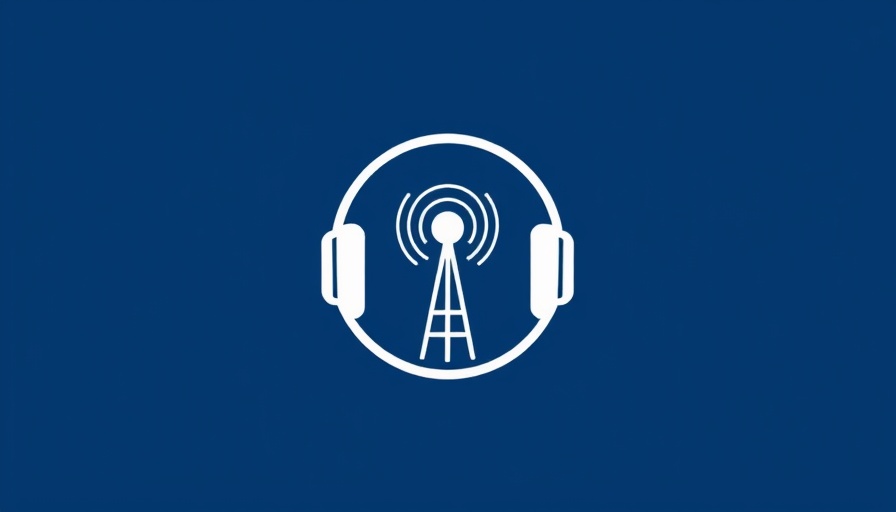
Understanding the Importance of Sleep Quality
We all have those nights where sleep just doesn't come, whether due to stress, anxiety, or even just too much caffeine. According to recent studies, even a single bad night of sleep can impact your mood and cognitive function significantly. In our fast-paced world, prioritizing sleep has never been more critical. But what can you do when a restless night leaves you scrambling to regain focus and energy for the day ahead?
Practical Steps to Bounce Back
Many experts recommend implementing holistic wellness practices post-bad sleep. Incorporating brief stretching exercises, hydration, and a nutritious breakfast can help rejuvenate your body and mind in the aftermath of a poor night's sleep. For instance, hydration rebalances your body's functions, while nutrients kickstart your metabolism and maintain energy levels throughout the day.
The Role of Mindfulness and Stress Management
Mental health advances shine a light on the role of mindfulness in overcoming the effects of sleep deprivation. Integrative approaches like meditation or deep-breathing exercises are imperative as they can significantly reduce stress. Studies have shown that just a few minutes of mindfulness meditation can boost cognitive function and enhance emotional resilience, which are often diminished after inadequate rest.
Leveraging Technology for Better Health
With recent innovations in health and wellness technology, you can now track your sleep patterns more effectively. Devices that monitor sleep quality provide insights that encourage you to make necessary lifestyle adjustments, leading to healthier sleeping habits. Apps focused on wellness can offer guided meditations or relaxation techniques to help you wind down before bedtime, setting the stage for deeper, more restorative sleep.
The Impact of Nutrition on Sleep Recovery
Your diet plays a crucial role in your ability to recover after a restless night. Current trends in nutritional health suggest incorporating foods rich in sleep-enhancing nutrients like magnesium and melatonin. After a bad sleep, enjoy meals based on fruits, vegetables, and whole grains to replenish lost energy and promote a better night’s sleep the following evening. Stress management through nutritional choices can pave the way for well-being and restful sleep.
Long-term Strategies to Enhance Your Sleep Hygiene
While these immediate recovery strategies are beneficial, developing consistent sleep hygiene practices is critical. Maintaining a regular sleep schedule, creating a calming bedtime routine, and minimizing screen time before bed can lead to significant improvements in sleep quality. These preventative measures align well with developments in corporate wellness programs that aim to prioritize employee well-being and productivity.
Final Thoughts: Taking Charge of Your Sleep
Understanding the aftermath of a bad night’s sleep and implementing these practical strategies can make all the difference in your overall well-being. Rather than letting one sleepless night define your day, actively engage in mindful practices, nutritional awareness, and thoughtful use of technology. Prioritize your sleep and cultivate a routine that fuels your mental and physical health in the long run. Remember, sleep is not just a luxury—it’s a necessity for a thriving life.
 Add Row
Add Row  Add
Add 




Write A Comment